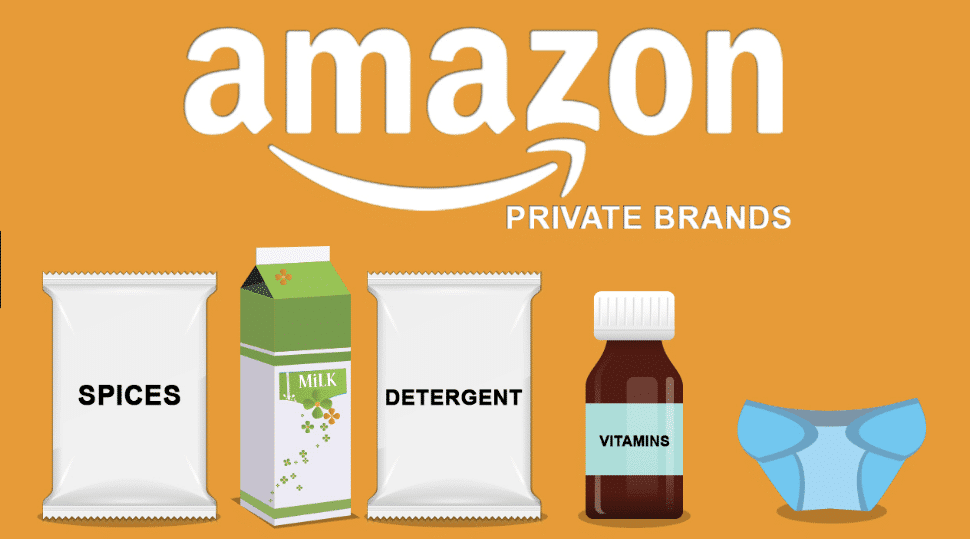


With its broad reach over the Web, the online giant Amazon has been accused of being a primary contributor to many retail setbacks. The so-called “Amazon Effect,” a term applied to their ongoing competitive edge and its attempts to reduce it, has been discussed online and in the news media.
Amazon brings in almost half of all e-commerce sales, and its pricing and supply chains continue to dominate and put pressure on many retail companies.
However, an even larger and more exciting narrative is lost in the speculation of the showdown of Amazon and Walmart or the impact of its Whole Foods acquisition. Something that must be brought to the list of factors that keep retailers nervous is Amazon’s swiftly evolving plans for private branding. The potential for the company to accelerate store-owned products is almost guaranteed to come to fruition. Here are the reasons why:
A carefully orchestrated private brand can produce better-quality products at lower prices for consumers. Many store brands are sought after to the same degree as more popular name brands, and they are no longer viewed as generic or of low quality. The trend will likely continue, and it benefits Amazon heavily in its emerging market of privately branded goods.
Proprietary brands make up a solid portion of Amazon’s sales. Some of these are general commodity goods sold under the name Amazon. A few have common names, such as Happy Belly and Mama Bear. Their fashion products have unique names as well. Since Amazon acquired Whole Foods, they have also run the 365 Everyday Value brand, currently available on their website. Some news outlets have recently reported that sportswear will be another business venture for the company.
Although specific information is scarce, most data signals that Amazon is generating high performance with its brand products thus far. Many of them have achieved rapid increases in growth and purchases.
Consider the number and value of consumer data Amazon can maintain to create and target its collection of high-quality commodities. With products, the website controls over half of all online web searches. Furthermore, Amazon’s Alexa app gives precedence to its private brands. Consider how simple it will be for Amazon to prioritize the brands it wants to promote. Deliberate over the freedom Amazon has to think long term, especially with their large budget or the stock market’s patience in promoting growth over mere profit.
Due to its size, Amazon will have to gain more market share in sections where it currently has a position while breaking through new and unforeseen opportunities. Relying solely on its Web services for profit would be an unwise choice, and moving to other sources away from the Internet will be necessary to break into new markets. Regardless, its private brands can fulfill many of these objectives in the long term.
In general, Amazon’s private brand goals have gone unnoticed. The online retail giant may soon cap off in many categories. However, when they begin to take their ambitions to the next level—whether from sales or from the acquisition of another operational retail outlet—more private brands from the company will be sure to come.
For Amazon’s competitors, it is time for them to fasten their seatbelts.

"*" indicates required fields

"*" indicates required fields

"*" indicates required fields
You must be logged in to post a comment.